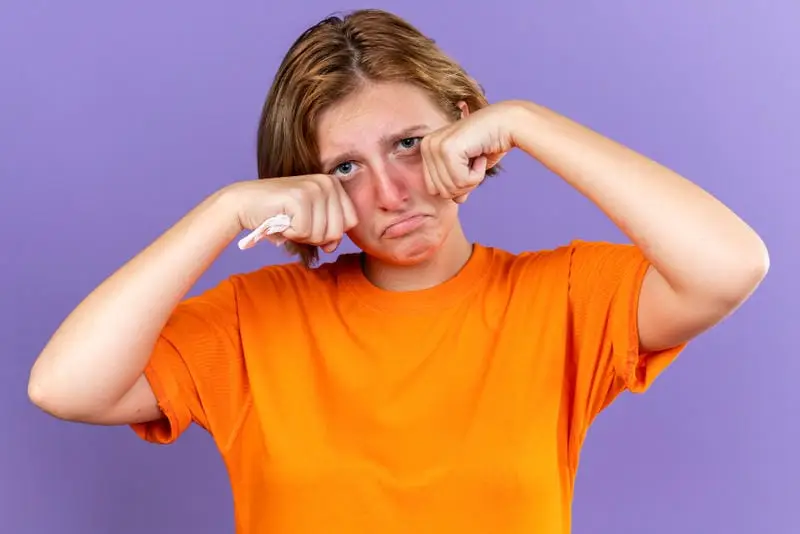- Published on: Jul 29, 2021
- 2 minute read
- By: Preventive Health Care Specialist
Preventing Stroke: The Power Of Healthy Choices
Have you ever marveled at the intricate workings of the human brain, a true marvel of nature that orchestrates every facet of our existence? Despite its brilliance, the brain is not impervious to the looming threat of a stroke. What if there existed a way to erect a formidable defense against this potential peril? The key lies in the choices you conscientiously make each day. Can you actively play a role in staving off a stroke? In this blog, we embark on a journey to unravel the profound impact of embracing a healthy lifestyle as a shield against strokes. We'll navigate through vital keywords such as stroke treatment, ischemic stroke, brain with stroke, transient ischemic attack, CVA medical treatment, and online doctor consultation, shedding light on the pivotal role they play in fortifying our well-being. Join us in this exploration of how your daily decisions can become a bulwark against the threat of stroke.
Understanding Stroke and Its Types
What is a stroke? It's a sudden disruption of blood flow to the brain, leading to damage and potential long-term consequences. There are different types of strokes, with ischemic stroke being the most common. This occurs when a blood clot blocks an artery in the brain.
The Intricacies of Ischemic Stroke
Ischemic strokes account for a significant portion of stroke cases globally.
When a clot obstructs blood flow, the affected part of the brain is deprived of oxygen, leading to damage.
The Threat of Transient Ischemic Attack (TIA)
-
Often referred to as a "mini-stroke," TIA is a warning sign that should not be ignored.
-
While the symptoms may be temporary, they indicate an increased risk of a full-blown stroke.
The Role of Healthy Lifestyle Choices in Stroke Prevention
Picture this: your brain as a thriving metropolis, and blood vessels as the lifelines supplying it with essential resources. Lifestyle choices play a pivotal role in maintaining the health of these blood vessels and reducing the risk of stroke.
Embrace a Heart-Healthy Diet
-
Consume a diet rich in fruits, vegetables, whole grains, and lean proteins.
-
Reduce salt intake to maintain optimal blood pressure, a key factor in preventing strokes.
Stay Physically Active
-
Engage in regular exercise to keep your heart and blood vessels in top-notch condition.
-
Aim for at least 150 minutes of moderate-intensity aerobic activity per week.
Control Your Blood Pressure
-
Monitor and manage your blood pressure through lifestyle modifications and, if necessary, medication.
-
Elevated blood pressure is a significant risk factor for stroke
Understanding Stroke Treatment Options
Recognizing stroke signs is crucial. For ischemic strokes, rapid intervention with thrombolytic therapy and endovascular procedures is vital. CVAs require a multidisciplinary approach, emphasizing the importance of swift understanding and response.
Immediate Medical Attention
Recognize the signs of a stroke: sudden numbness or weakness, confusion, trouble speaking or understanding, severe headache, and difficulty walking. Seek emergency medical assistance without delay.
Ischemic Stroke Treatment
Ischemic strokes often require prompt intervention to dissolve or remove the blood clot. Intravenous thrombolytic therapy and endovascular procedures are common approaches.
CVA Medical Treatment
Cerebrovascular accidents (CVAs) demand a multidisciplinary approach involving neurologists, radiologists, and rehabilitation specialists. Rehabilitation plays a crucial role in recovering lost functions after a stroke.
The Role of Online Doctor Consultation
In the digital age, seeking medical advice has become more accessible than ever through online doctor consultation.
Convenience of Online Consultation
Access expert advice from the comfort of your home, reducing the need for physical travel.
Discuss risk factors, and preventive strategies, and seek guidance on maintaining a stroke-free lifestyle.
Utilizing Telemedicine for Stroke Prevention
-
Leverage telemedicine for regular check-ups and monitoring of vital health parameters.
-
Stay connected with healthcare professionals to receive timely guidance on lifestyle modifications.
Conclusion:
As we conclude this exploration into stroke prevention, remember that your daily choices can be a powerful shield against this potentially devastating event. By embracing a heart-healthy lifestyle, understanding the signs of a stroke, and utilizing modern resources like online doctor consultations, you empower yourself to safeguard your brain and overall well-being. Take the reins of your health, and let each choice be a step towards a stroke-free future. Your brain, the orchestrator of your life, deserves nothing less.
Read FAQs
A. Prevention of stroke involves adopting a healthy lifestyle. This includes maintaining a balanced diet, regular exercise, managing blood pressure, and avoiding tobacco and excessive alcohol consumption.
A. Stroke prevention is vital as strokes can lead to severe consequences, including disability and death. By adopting preventive measures, individuals can significantly reduce their risk, enhancing overall well-being and longevity.
A. Lifestyle choices can contribute to the risk of stroke. Factors like an unhealthy diet, lack of exercise, smoking, and excessive alcohol consumption can increase the likelihood of developing conditions that lead to strokes. Making healthier choices can significantly mitigate this risk.









